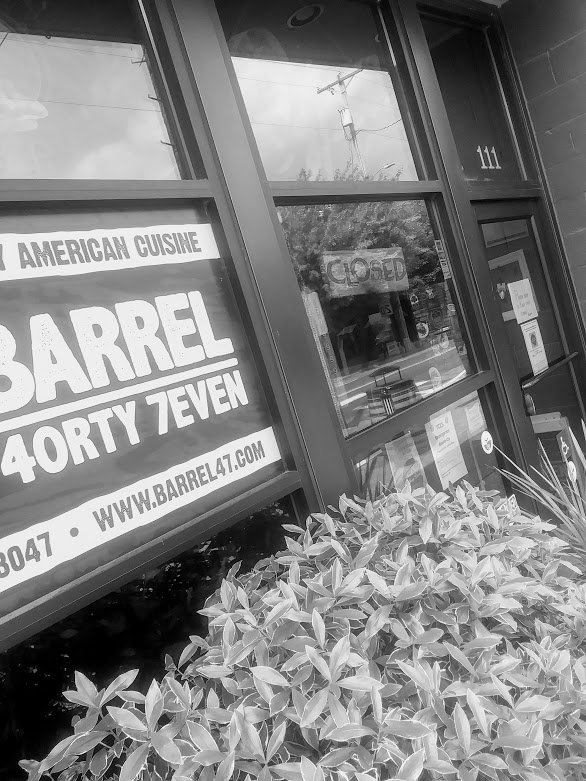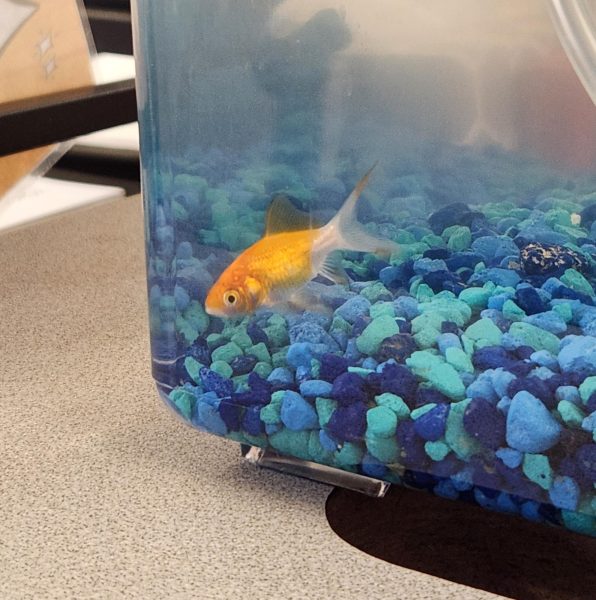The Effects of Lockdowns on Small Businesses
Businesses were forced to close because they could not meet state-set regulations.
At the end of March 2020, most small business owners shrugged off the original lockdown measures–believing they would only last up to two or three weeks. However, little did they know that the effects of the COVID-19 pandemic would severely damage their businesses and change their lives forever.
Small businesses, in particular, have been singled out in this race to eliminate the virus.
“They made it out that restaurants and bars were bad guys. It went from we are all in this together to bars and restaurants are the bad guys. I went to the mall [during a lockdown] and it was packed–even at high risk. Nothing seemed to be consistent against the board. Small businesses are being blamed and big stores are not,” John Adkinson, owner of Carlton & Coast Tavern, said.
Carlton & Coast was closed for over six months and lost approximately half a million dollars in profits–down about seventy percent from 2019.
Other than just profits, small businesses have also faced other struggles throughout this past year.
“Staffing has been reduced. There were certain people who were laid off and have not been brought back on because we still aren’t operating at the volume that we were used to,” said Julie Davis, owner of The Horseradish, “The thing for me is that it’s not just me–as the business owner–but also my staff and their hours as well as the distributors and suppliers who suffered–so, in reality, it was the whole supply chain that suffered. Easy to say everyone stays home but the point is that it is all interconnected.”
Adkinson also lost about seventy-five percent of his staff.
“Employees are harder to find because so many people are out of a job. Out of my staff, thirteen people are out of a job and I only have five left. Only two are original [staff members],” Adkinson said.
He mentioned that employment benefits often kept many people from wanting to come back to work.
Adkinson also stated that his stock would often go bad with all the unpredictable lockdowns. He had to keep buying food and drinks for his bar, but they would often spoil before they could be used.
“Ten thousand dollars worth of product [food] goes bad every time there is a lockdown. Liquor doesn’t go bad, but beer is only good for about a month–at two hundred dollars per keg, I replaced about 9,000 dollars worth.”
Both Adkinson and Davis agreed that the government poorly handled these lockdowns in regard to the way they treated businesses.
“I don’t think that restaurants were the cause of the spread,” Davis said, “and I think that it was detrimental to our communities and small business to shut down while other stores were able to stay open. It felt like restaurants and bars were being targeted and shut down unfairly.” Adkinson added that, “…breakouts are in manufacturing facilities, schools, and colleges because it’s impossible to sanitize so much space, but with our small space we are really keeping people safe.”
And while it appears that the government is lifting restrictions on businesses, there is still a consistent fear that COVID-19 cases might rise, and with them, the chances for additional shutdowns.
“It’s emotionally exhausting as well as financially draining. It is so difficult to plan for anything and an additional lockdown would cost us more money and the employees more hours. No, just never again. It is just a yo-yo effect with open close open close. Luckily we have a nice outdoor space, but I feel so bad for restaurants and bars who can not operate with those conditions,” Davis said.
Note from the author: This story was written before mask mandates were partially lifted–an act which business owners are saying is a vital one towards the path of reopening.





